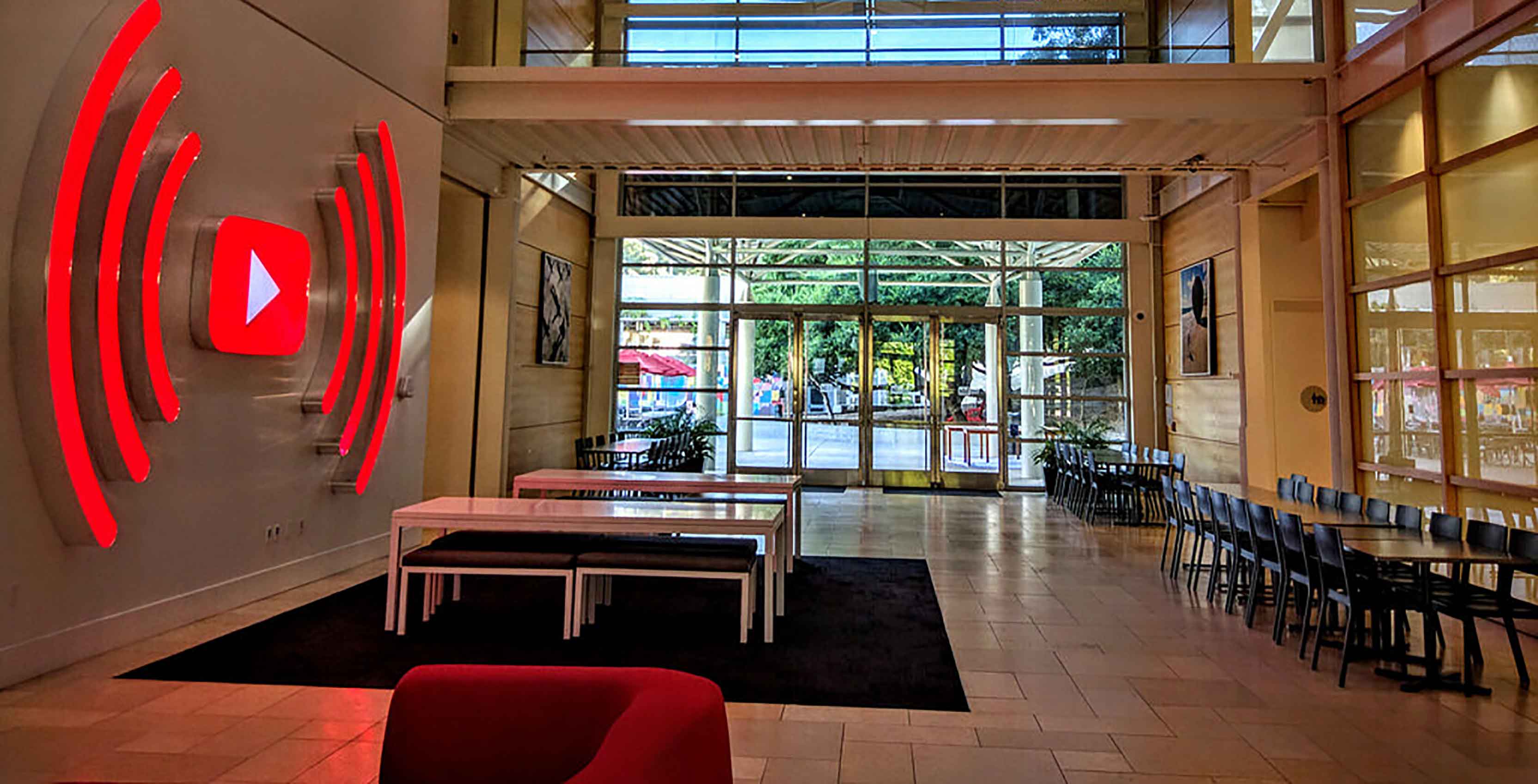
With terrorism being an ongoing global threat, Google says it wants to continue to do its part to help keep people safe.
In an op-ed originally published in The Financial Times, Google general counsel Kent Walker called for a greater effort from all companies in the tech industry.
“While we and others have worked for years to identify and remove content that violates our policies, the uncomfortable truth is that we, as an industry, must acknowledge that more needs to be done,” Walker wrote.
Specifically, Walker outlined four key areas of focus for Google:
Increase use of technology to identify extremist and terrorism-related content: Google says it uses video analysis models to find and assess more than 50 per cent of the terrorism-related content that has been removed over the past six months. The tech giant says it will now devote additional engineering resources to apply advanced machine learning research to train new “content classifiers” – individuals specifically tasked with identifying and removing such extreme content.
Walker noted that this is can be difficult area to navigate; for example, he said that “a video of a terrorist attack may be informative news reporting if broadcast by the BBC, or glorification of violence if uploaded in a different context by a different user.”
Recruit additional people: Google will bring more people into its YouTube’s Trusted Flagger program, which features experts designated with reporting inappropriate content. Google says Trusted Flaggers are accurate over 90 per cent of the time, a number the company aims to keep high by adding 50 expert NGOs to the 63 organizations who are already part of the program. Google says it will support them with operational grants.
Take a tougher stance on videos that don’t “clearly violate” YouTube policies: Some videos feature “inflammatory religious or supremacist content,” which will now receive warnings and be prohibited from being monetized, recommended or open to comments. “We think this strikes the right balance between free expression and access to information without promoting extremely offensive viewpoints,” Walker wrote in the op-ed.
Expand counter-radicalization efforts: In addition to the YouTube Creators for Change program, which promotes “awareness, tolerance and empathy,” Google will employ the “Redirect Method” more broadly across Europe. This approach uses targeted online advertising to reach potential Isis recruits and redirects them anti-terrorist videos to help dissuade them from joining the group.
Google says it will continue to work with organizations around the world to counter terrorism. “Together, we can build lasting solutions that address the threats to our security and our freedoms. It is a sweeping and complex challenge,” Walker wrote. “We are committed to playing our part.”
Recently, Facebook also said it plans to tackle such complex issues online, with the company specifically detailing how it will address terrorism.
Via: The Verge
MobileSyrup may earn a commission from purchases made via our links, which helps fund the journalism we provide free on our website. These links do not influence our editorial content. Support us here.


